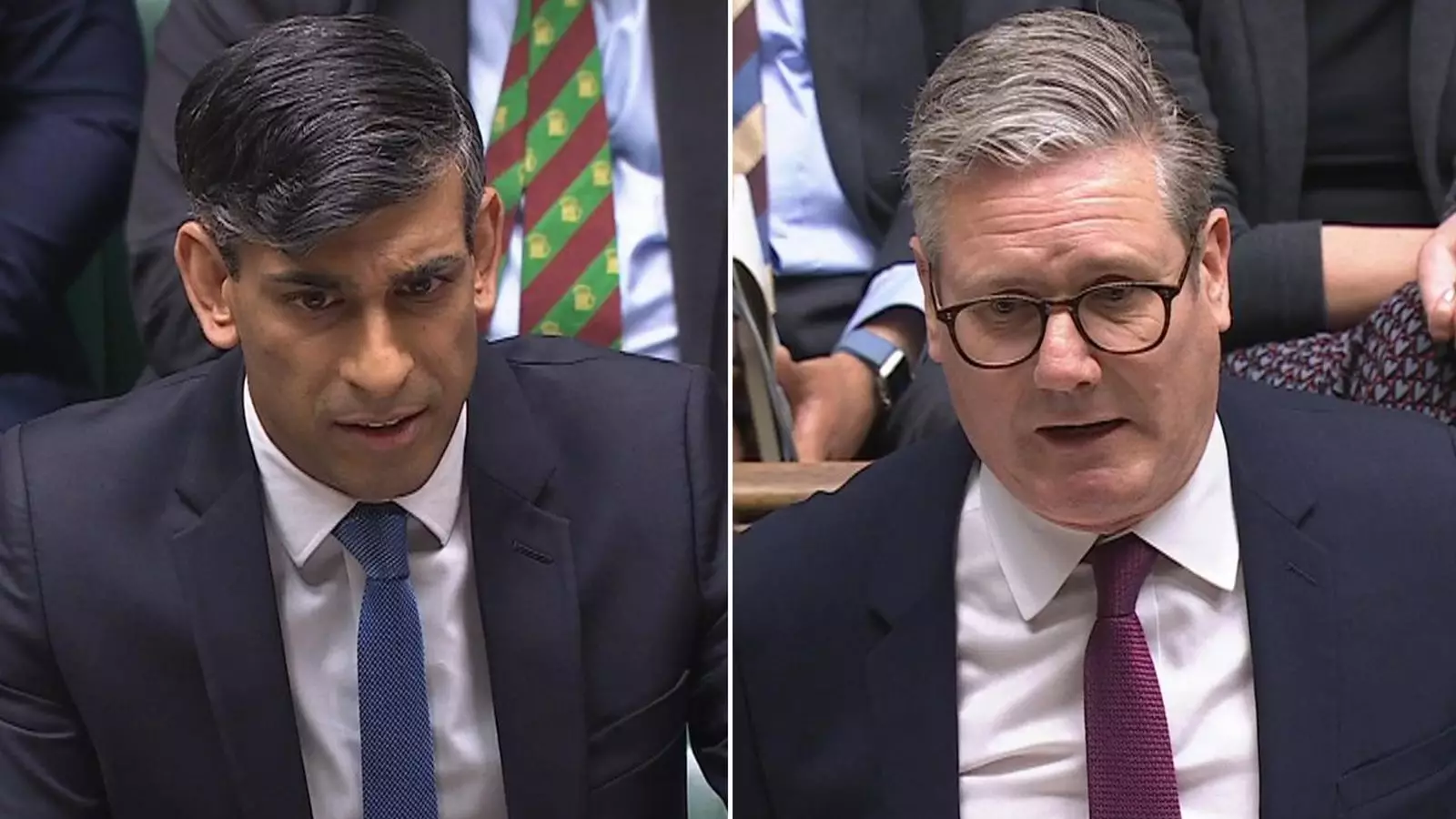The political landscape in the United Kingdom is set to undergo a significant shift with Prime Minister Rishi Sunak’s unexpected decision to call a general election on 4 July. This move, which comes as the Tories find themselves trailing Labour by 20 points in the polls, is a bold gamble by Mr. Sunak to secure a victory despite the challenging political climate. The decision to name the date of the vote during a statement in Downing Street at 5pm has left many observers puzzled and intrigued.
One of the key factors that may have influenced Mr. Sunak’s decision is the improving economic outlook in the country. Earlier today, the Tory leader highlighted the fact that inflation had slowed to 2.3% in April, hailing it as a “major milestone” for the nation. This positive economic development, coupled with the International Monetary Fund’s upgraded growth forecasts and the UK’s emergence from recession, may have emboldened the prime minister to opt for an earlier election date.
Despite Mr. Sunak’s repeated assertions that an election was imminent in the “second half of the year,” the sudden move to confirm the date has caught many by surprise. Speculation had been rife in Westminster about the timing of the election, with some ministers advocating for a summer vote to capitalize on the favorable economic conditions. The ongoing discussions within Downing Street about the ideal timing reflect the complexities and calculations involved in making such a crucial decision.
Under parliamentary rules, there must be a minimum of 25 working days between the dissolution of parliament and the actual polling day. The restoration of the prime minister’s power to call an election at a time of their choosing within five years has added a layer of strategic flexibility to the electoral process. The upcoming general election will mark a significant moment in UK politics, following the Conservatives’ landslide victory in 2019 and subsequent changes in leadership.
As the UK braces itself for the upcoming general election on 4 July, the political landscape is poised for a period of intense campaigning and debate. Prime Minister Rishi Sunak’s decision to call the election earlier than expected reflects his confidence in the party’s prospects, despite the challenging polling numbers. The intersection of economic factors, political calculations, and strategic considerations will play a crucial role in shaping the outcome of this pivotal event.


Leave a Reply